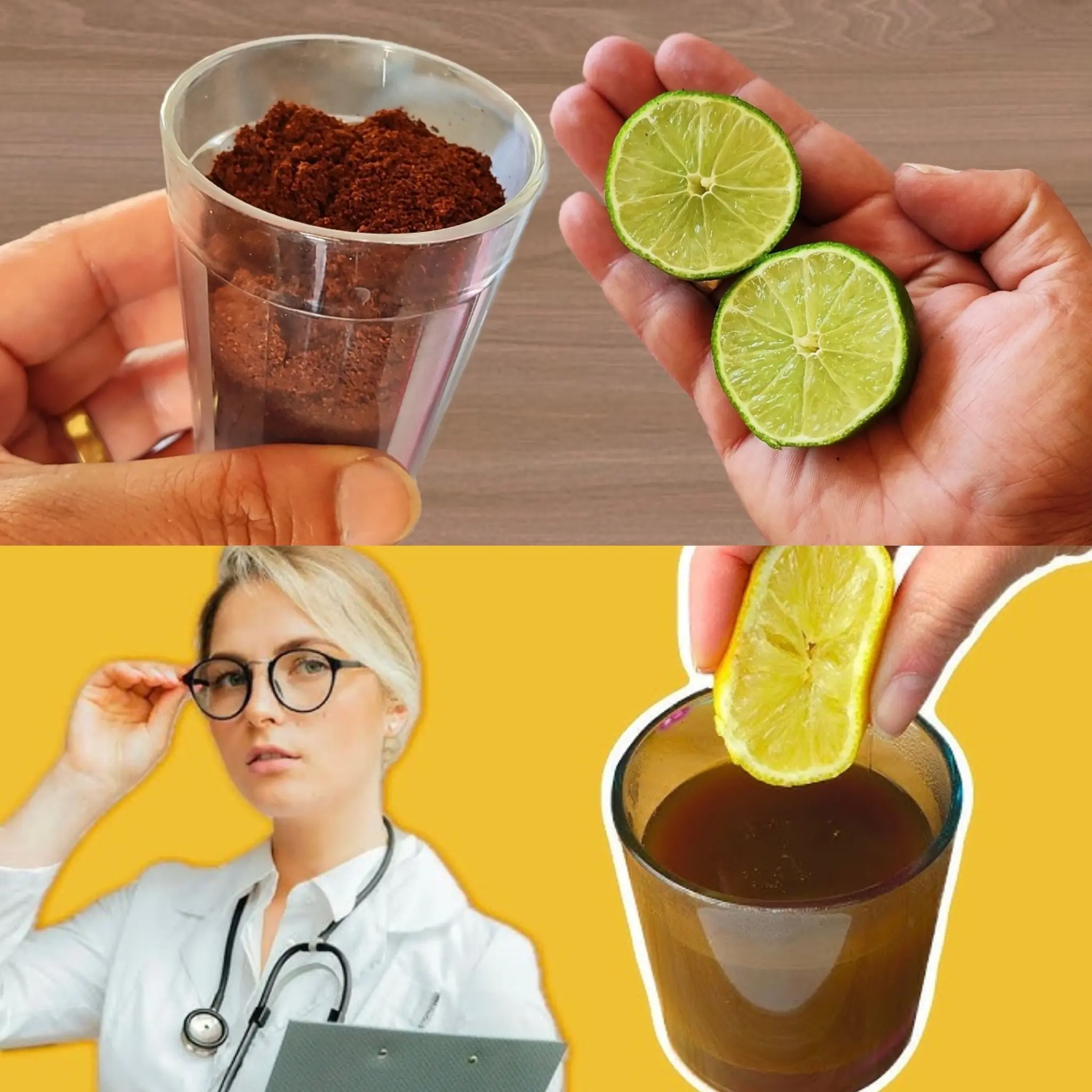
Could Contaminated Peanut Butter Raise Liver Health Concerns? What You Should Know About Aflatoxins

A woman who regularly ate peanut butter on toast every morning for 20 years was shocked to learn she had developed liver cancer—despite having no history of alcohol use or hepatitis infections. This case, shared by Dr. Liu Boren, a functional medicine and nutrition expert from Taiwan, sparked conversation about whether long-term dietary habits could play a role in serious health conditions.
While there is no definitive evidence that peanut butter directly causes liver cancer, experts suggest that poor food storage and contamination, particularly involving aflatoxins, may be a contributing risk factor worth being aware of.
What Are Aflatoxins?
Aflatoxins are toxins produced by certain types of mold (especially Aspergillus flavus) that can grow on improperly stored food, especially in warm, humid environments. Foods particularly susceptible include:
-
Peanuts
-
Corn
-
Tree nuts
-
Grains
According to the World Health Organization (WHO) and the International Agency for Research on Cancer (IARC), aflatoxins are classified as Group 1 carcinogens, which means there is sufficient evidence linking them to cancer in humans, particularly liver cancer.
Can Peanut Butter Contain Aflatoxins?
Peanut butter, made from ground roasted peanuts, may contain trace amounts of aflatoxins if contaminated peanuts are used in production. However, many regulated and reputable manufacturers test for and significantly reduce aflatoxin levels during processing. Some studies indicate that roasting and other preparation techniques can reduce aflatoxin content by up to 89%.
Safe Consumption Tips:
To reduce potential aflatoxin exposure:
-
Buy peanut butter from trusted brands with transparent sourcing and manufacturing standards.
-
Avoid peanut butter with odd smells, discoloration, or dry/cracked texture.
-
Store peanuts and nut products in a cool, dry place to prevent mold growth.
-
Do not consume moldy or bitter-tasting nuts—these can be signs of contamination.
Other Common Foods That May Contain Aflatoxins:
-
Moldy Corn or Grains: Especially in areas with poor storage conditions. Corn kernels showing dark spots or discoloration should be discarded.
-
Moldy Rice or Fruits: Improper storage can cause fungal growth in rice and starchy fruits like apples. Even after cutting off visible mold, aflatoxins can remain.
-
Bitter-Tasting Seeds or Nuts: A bitter flavor may indicate fungal contamination. Spit it out and rinse your mouth if detected.
-
Wood Ear Mushrooms (Black Fungus) Soaked Too Long: When improperly stored or rehydrated for too long, they can develop yellow or greenish mold and produce toxins.
Important Reminders:
-
Cooking does not eliminate aflatoxins. Boiling or standard heat treatment does not destroy these toxins. Extremely high temperatures—well above 100°C—would be required, which are not practical or safe for home cooking.
-
Prevention is key. Ensure grains, nuts, and mushrooms are stored in dry, cool, and clean environments. Discard any item that smells sour, looks discolored, or appears moldy.
Final Thoughts:
The woman’s story serves as a reminder not to overlook food safety in everyday habits. While peanut butter itself is not dangerous when produced and stored properly, being aware of aflatoxins and how to avoid them is important for long-term health.
Moderation, variety in your diet, and careful food selection are simple yet powerful ways to protect your liver and overall well-being.
News in the same category

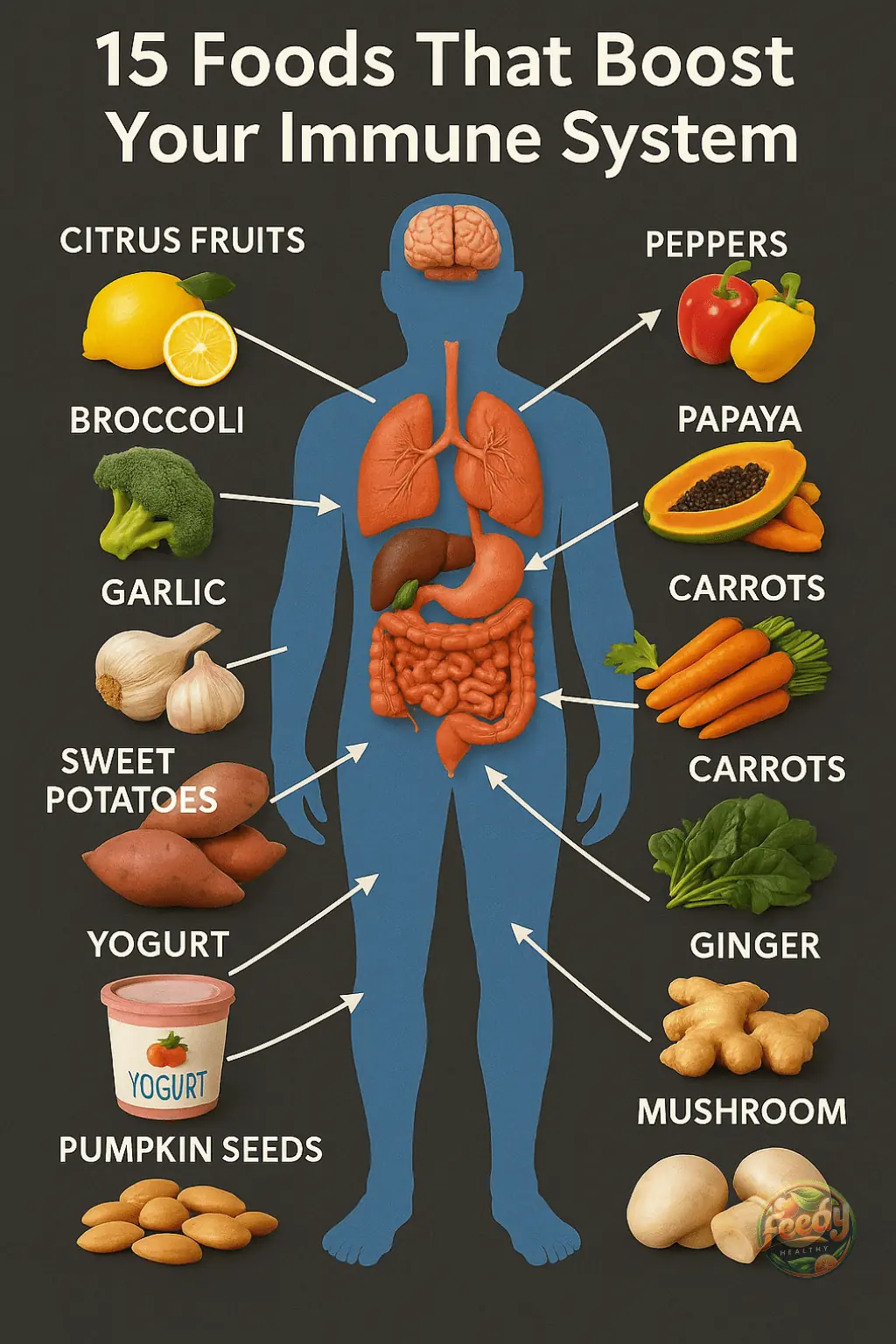
15 Immune-Boosting Foods You Should Add to Your Diet Today
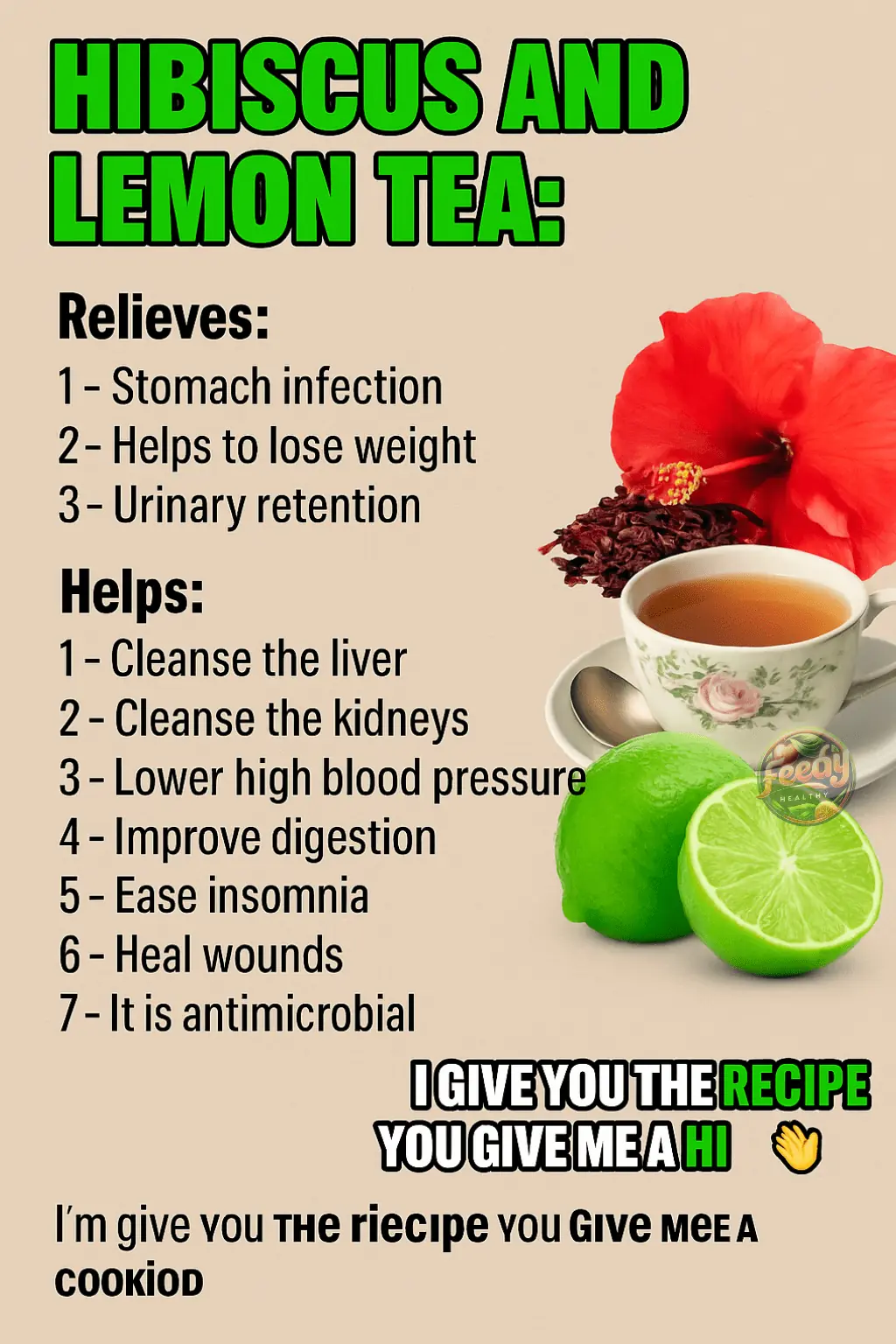
Hibiscus and Lemon Tea 🍋🌺
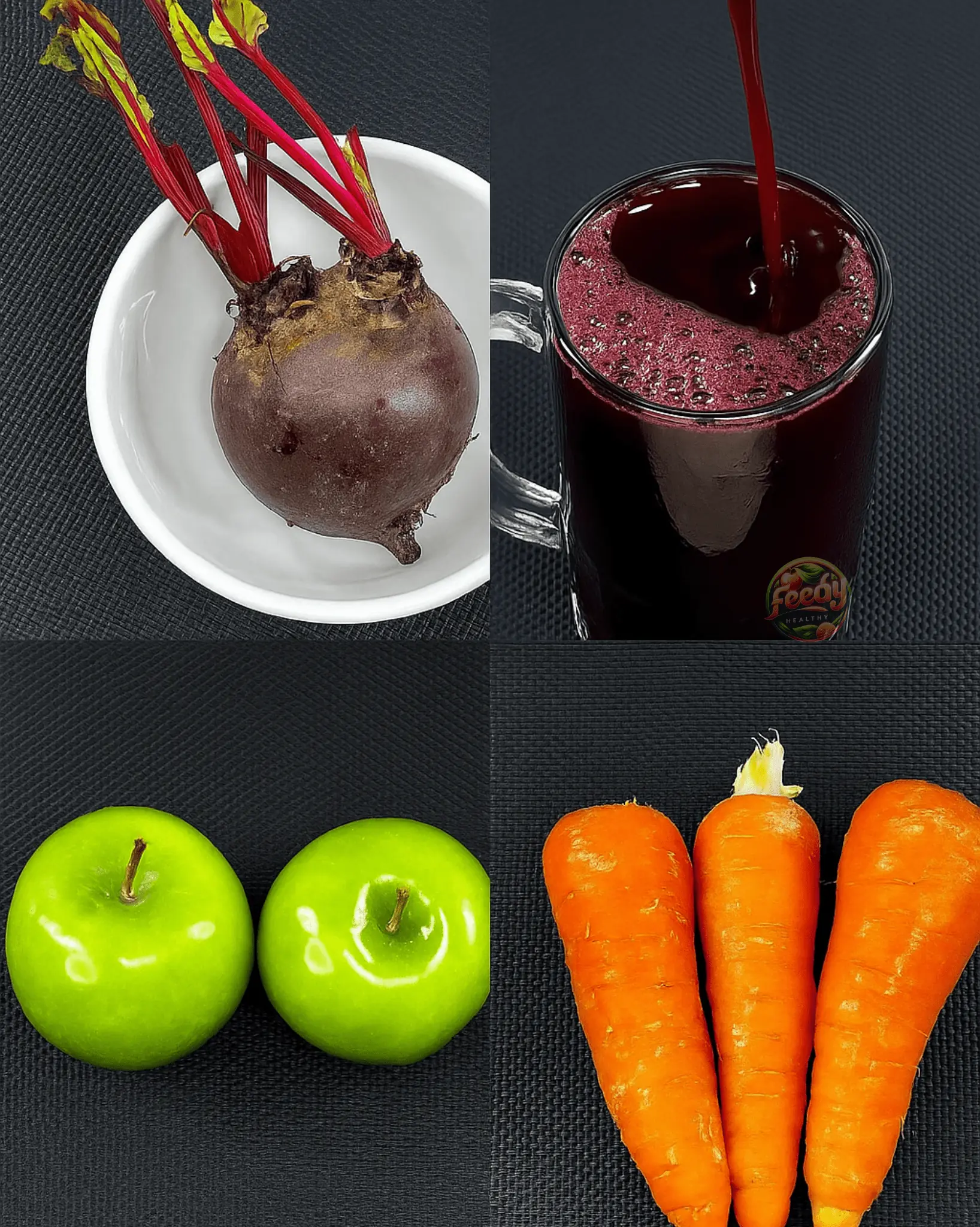
Don't Suffer Anymore — Eliminate Anemia, Restore Your Vision, and Cleanse Fatty Liver!
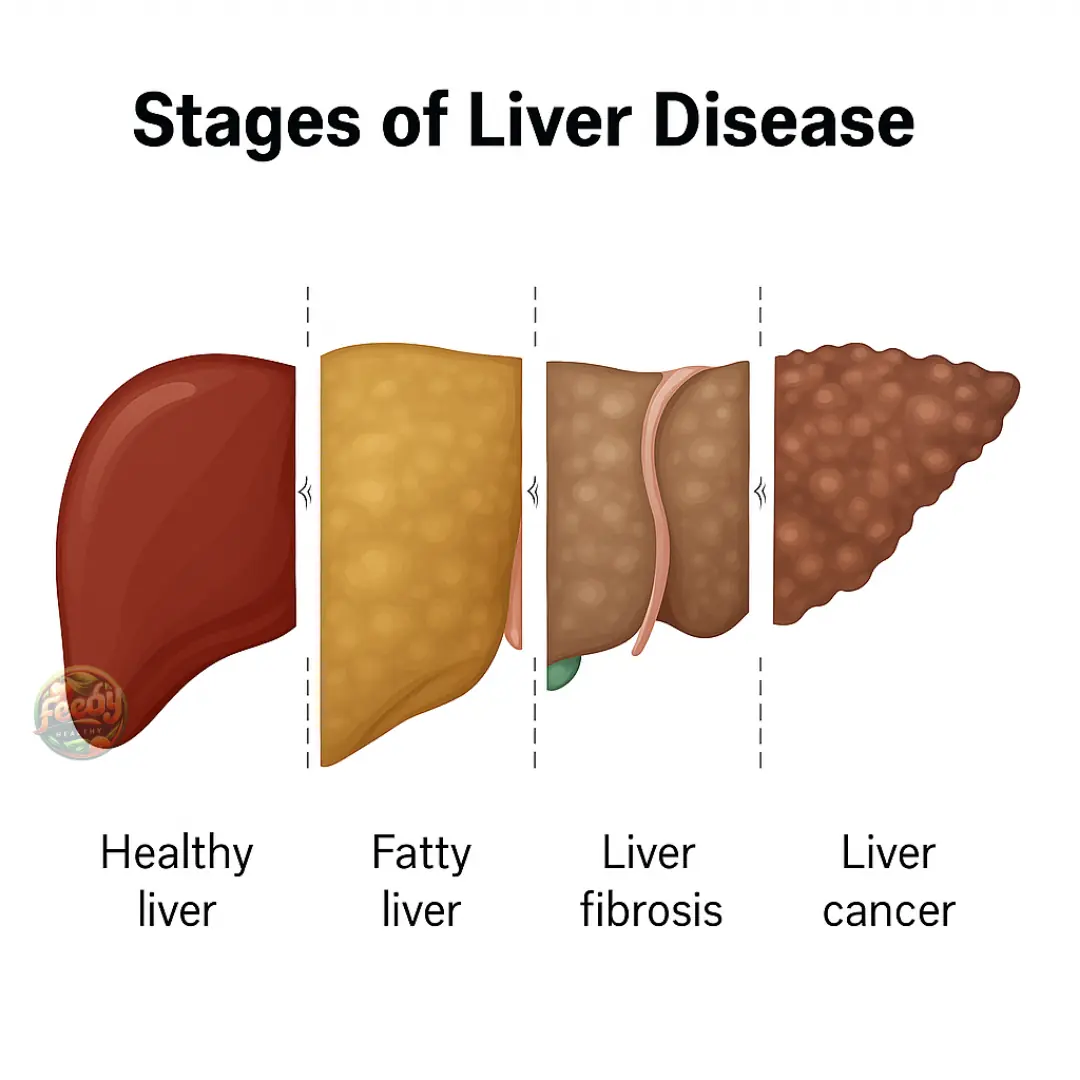
How Many Stages of Fatty Liver Are There? How to Effectively Control It

8 Abnormal Signs That May Signal Cervical Cancer – Every Woman Should Know Early
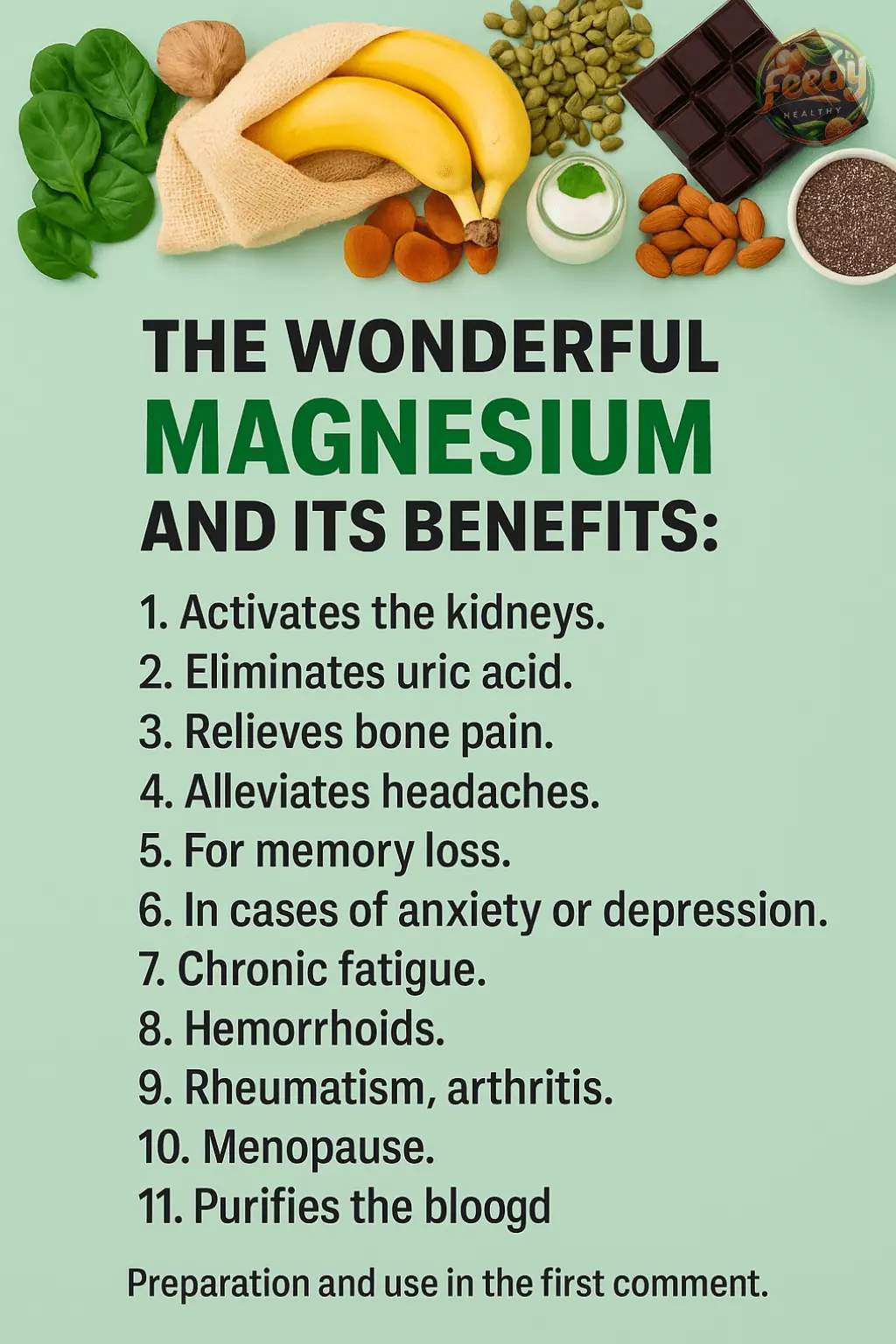
The Wonderful Magnesium and Its Health Benefits 👇🏼👇🏼
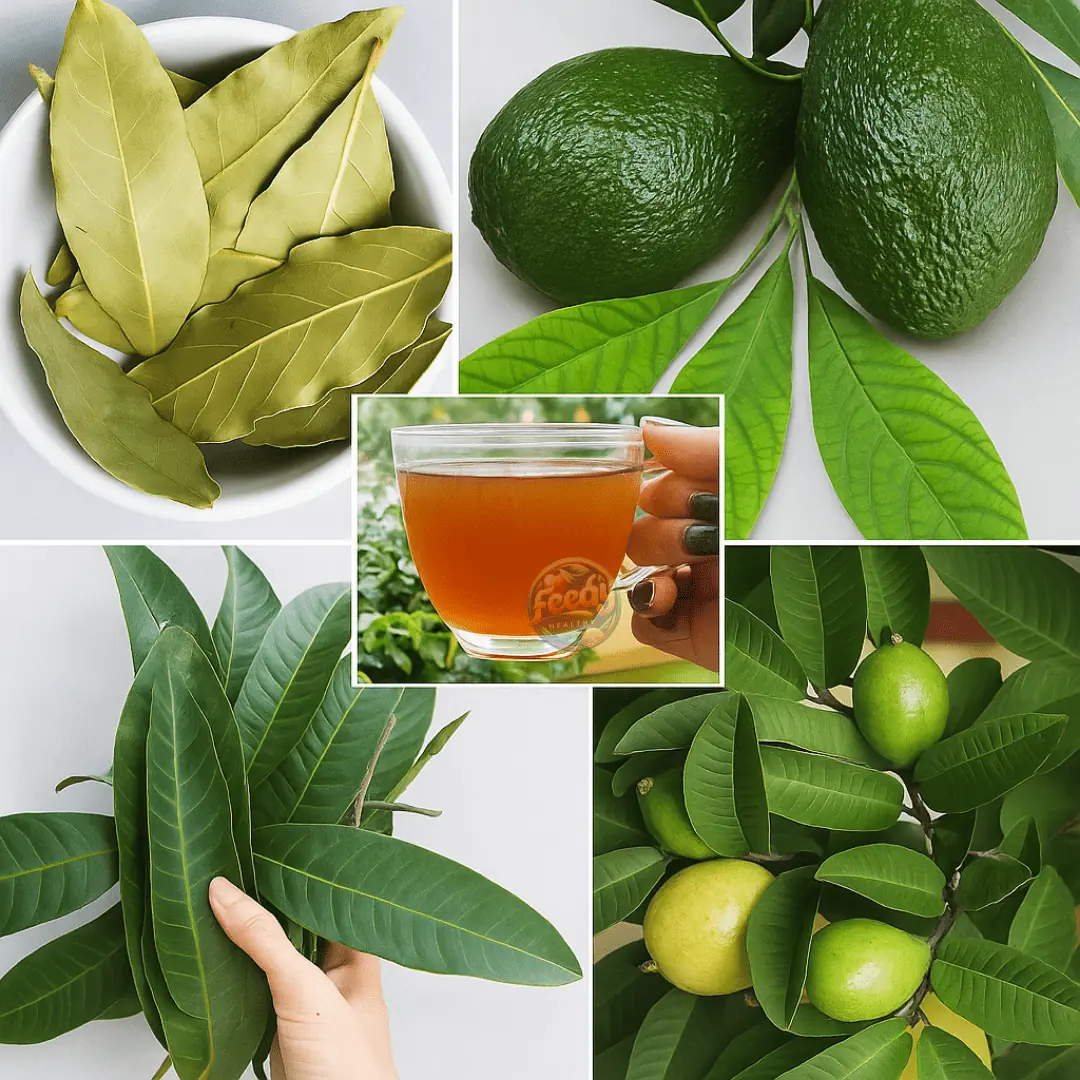
Discover the Healing Power of Four Medicinal Leaves
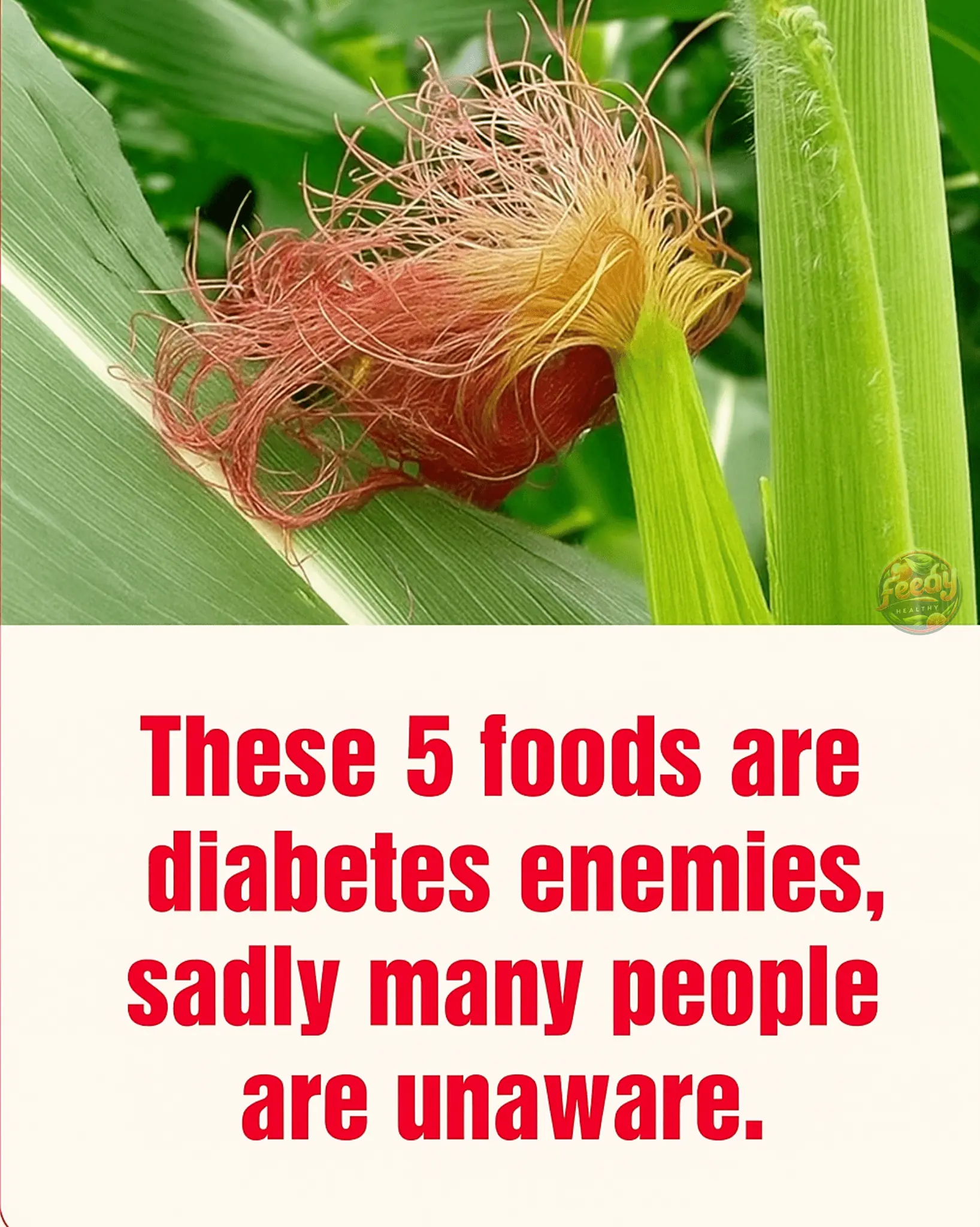
Everyone Fears Diabetes, but Diabetes "Fears" These 5 Foods

A 54-Year-Old Woman Discovered Thyroid Cancer from One Easily Overlooked Symptom
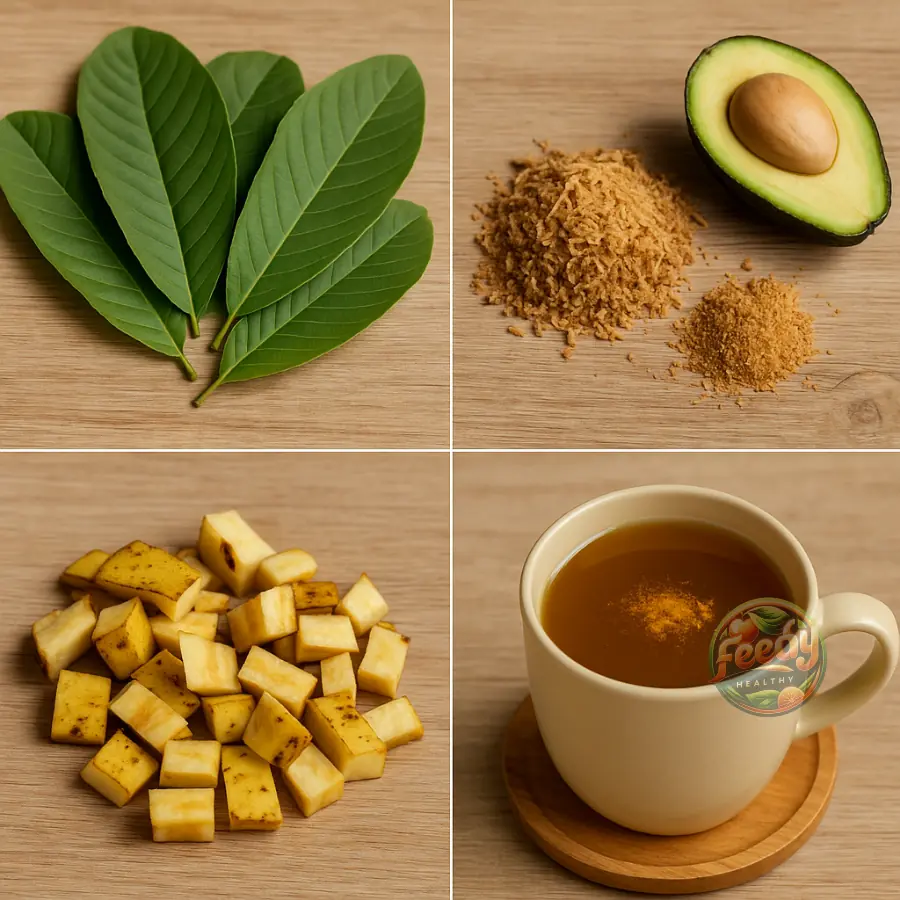
Doctors Won’t Like You Drinking This – It Naturally Reverses Diabetes, High Blood Pressure, and Poor Circulation Without Expensive Medications👇

A Cup of Hot Water a Day – A Simple Habit That Helps With 6 Common Health Issues
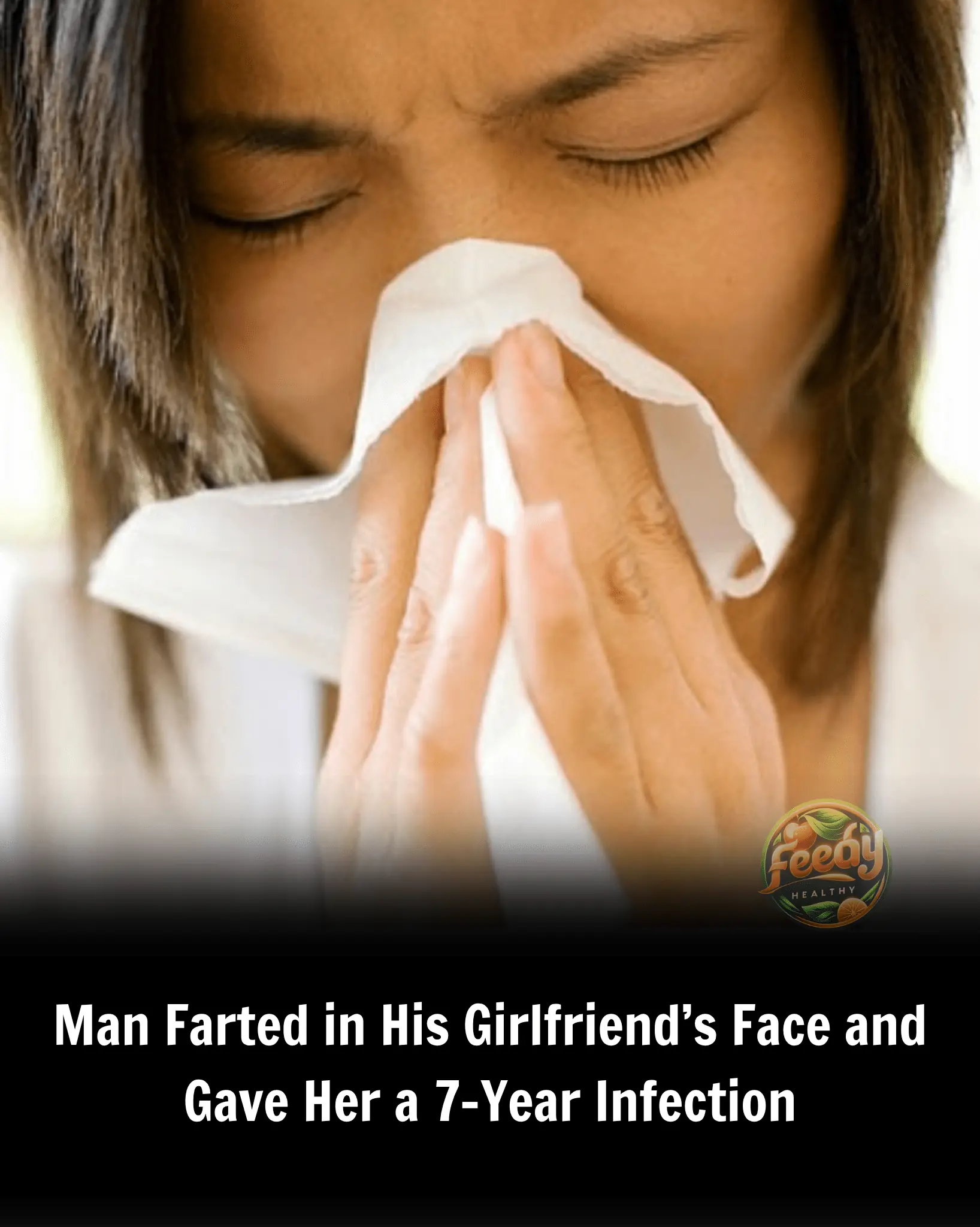
Woman Diagnosed with 7-Year Sinus Infection After Unusual Exposure to E. coli
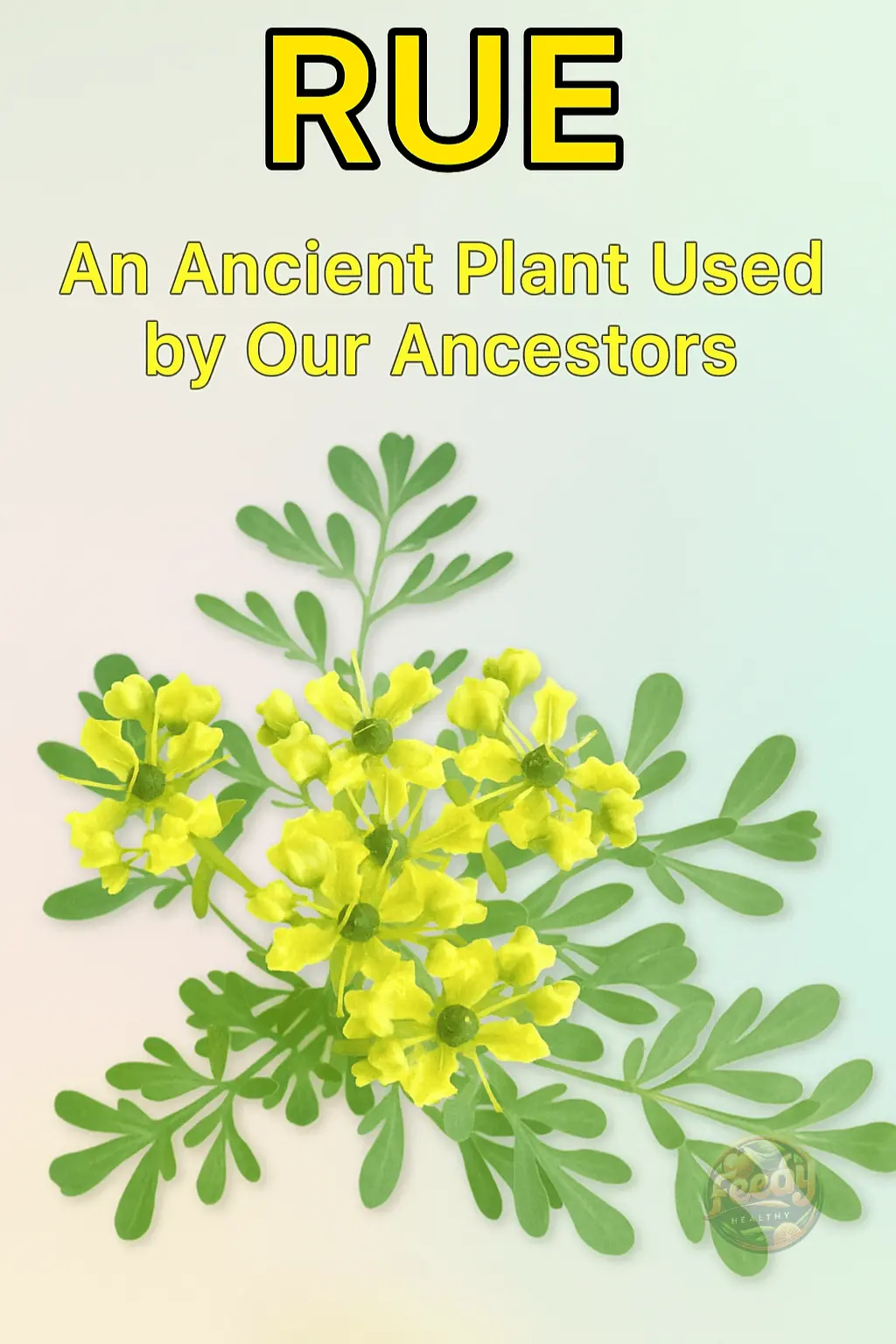
RUE: THE PLANT THAT HEALS BODY AND SOUL

7 Early Warning Signs of Stomach Cancer You Should Never Ignore
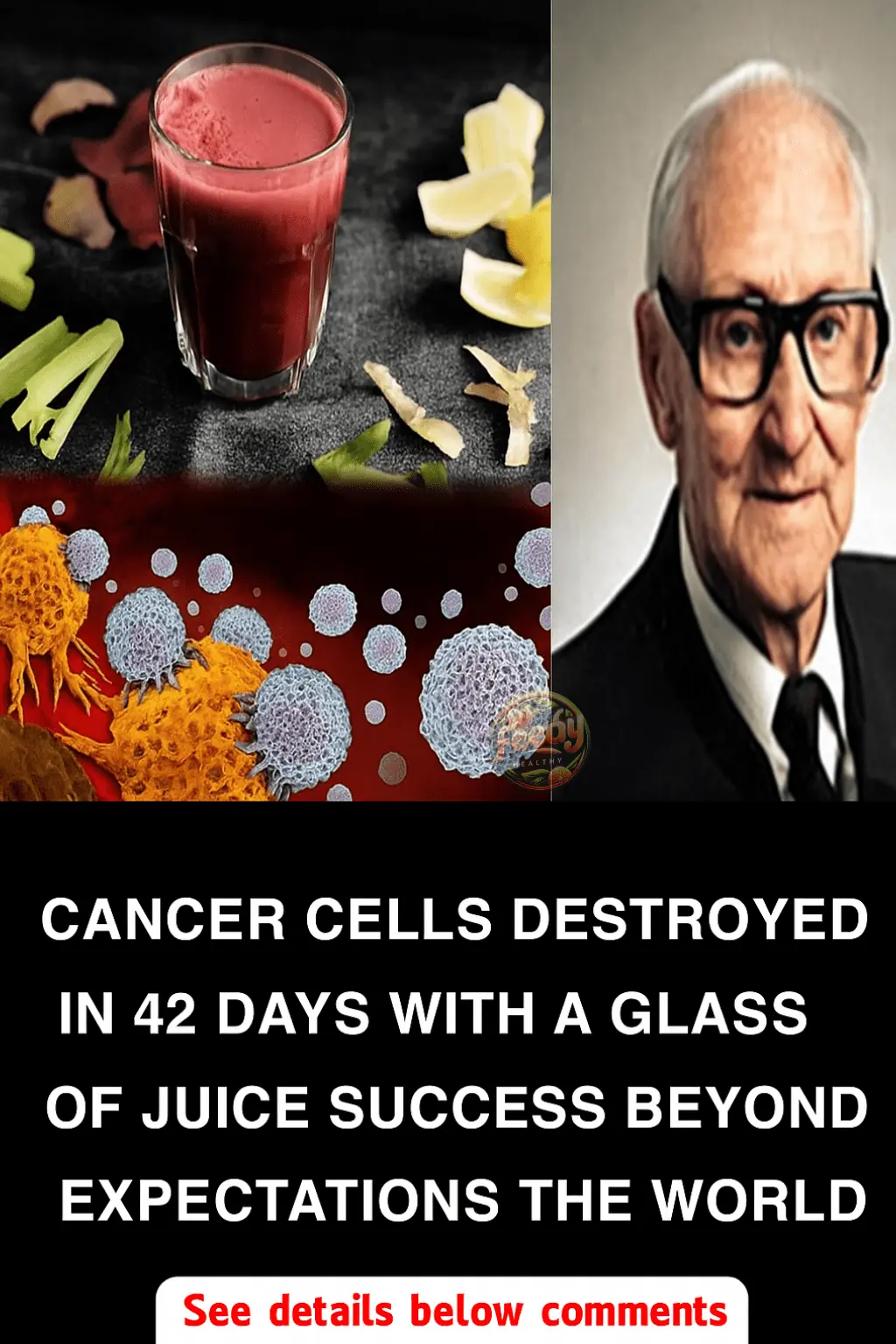
42-Day Juice Therapy – Natural Cancer Support Discovered by Rudolf Breuss

5-Year-Old Girl Dies from Late-Stage Cancer — A Wake-Up Call for All Parents
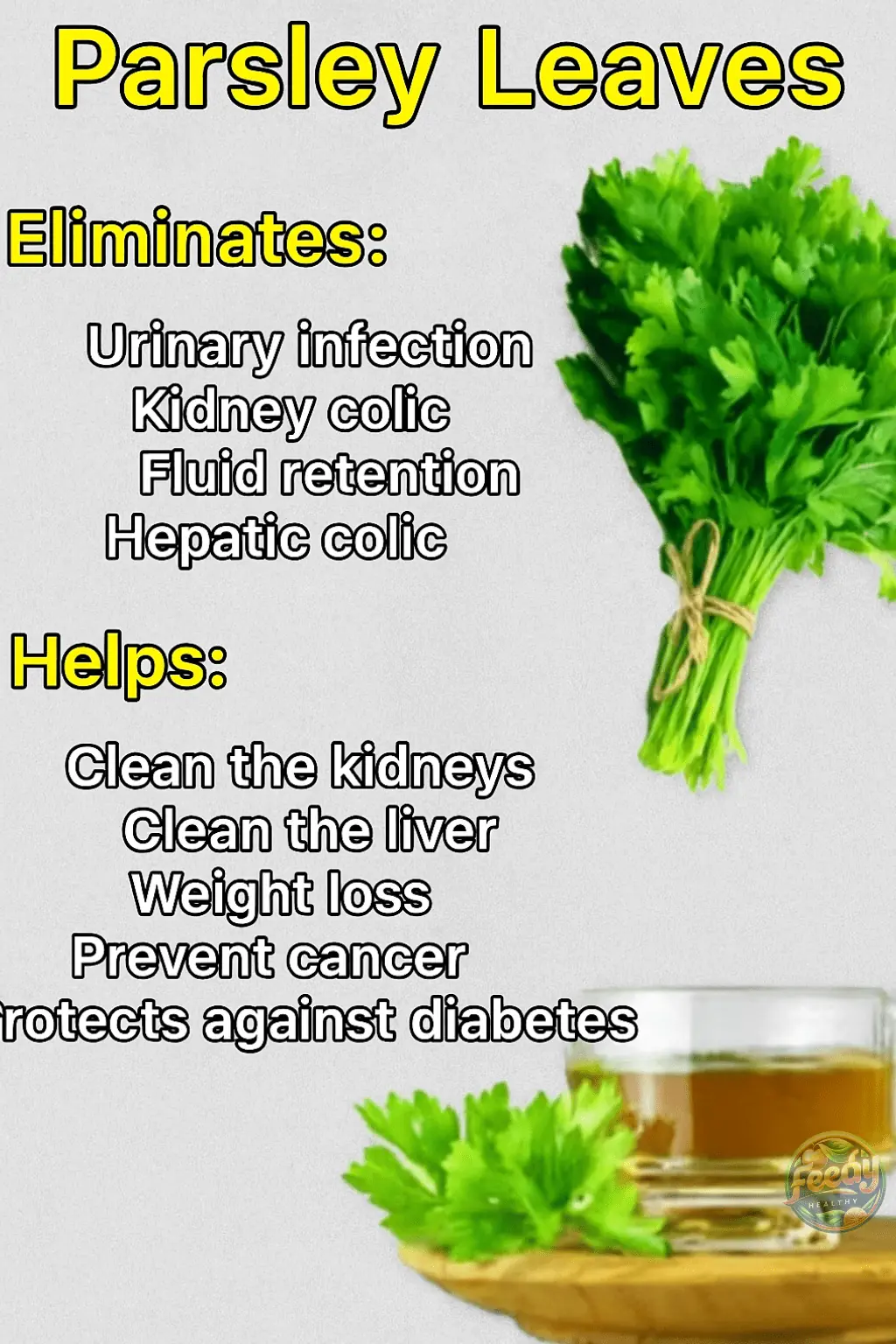
Parsley Leaf Tea

Why Non-Smokers Can Still Get Lung Cancer
News Post

Diagnosed with Late-Stage Stomach Cancer, I Realized Too Late: 3 Common Foods Left in the Fridge Were Silent Contributors

15 Immune-Boosting Foods You Should Add to Your Diet Today

Unleashing Radiance and Youthfulness: The Amazing Combination of Lemon and Egg
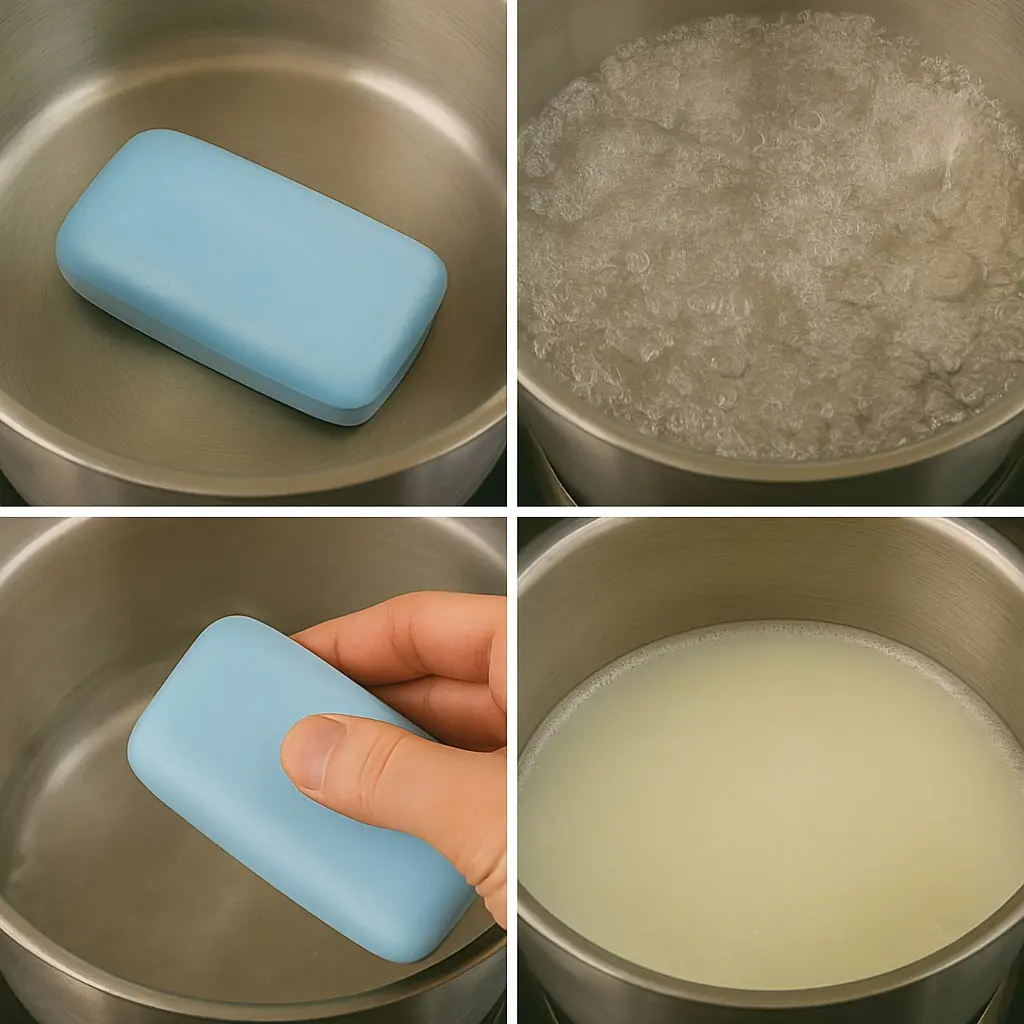
Budget-Friendly Soap Hack: Make the Most Out of Your Bar of Soap!

Why Adding Toothpaste to Coffee is Not a Good Idea
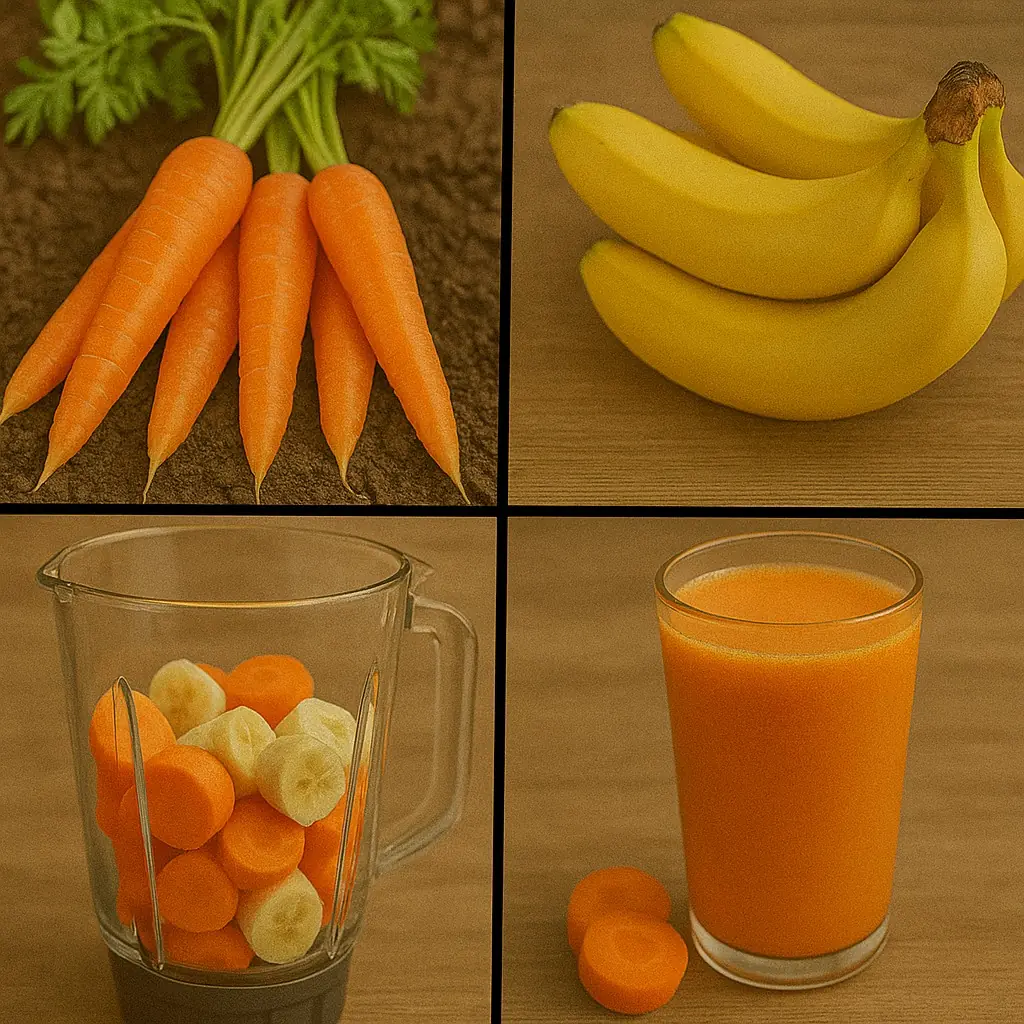
Creamy Carrot-Banana Juice Recipe for a Healthy Boost!

Discover the Hidden Treasure in Banana Peels!
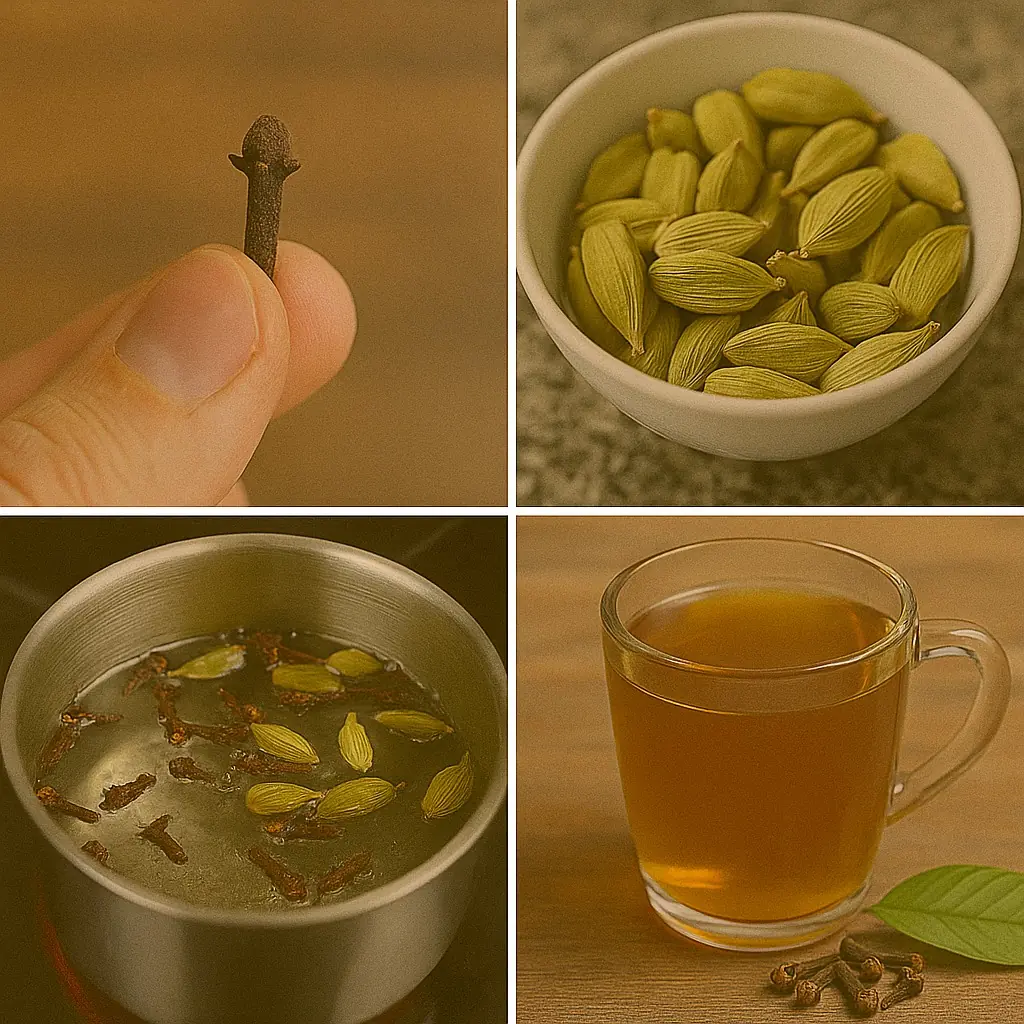
Benefits of Clove and Cardamom Tea for Your Body

Lemon and Parsley: A Simple 2-Ingredient Remedy for Weight Loss and Water Retention
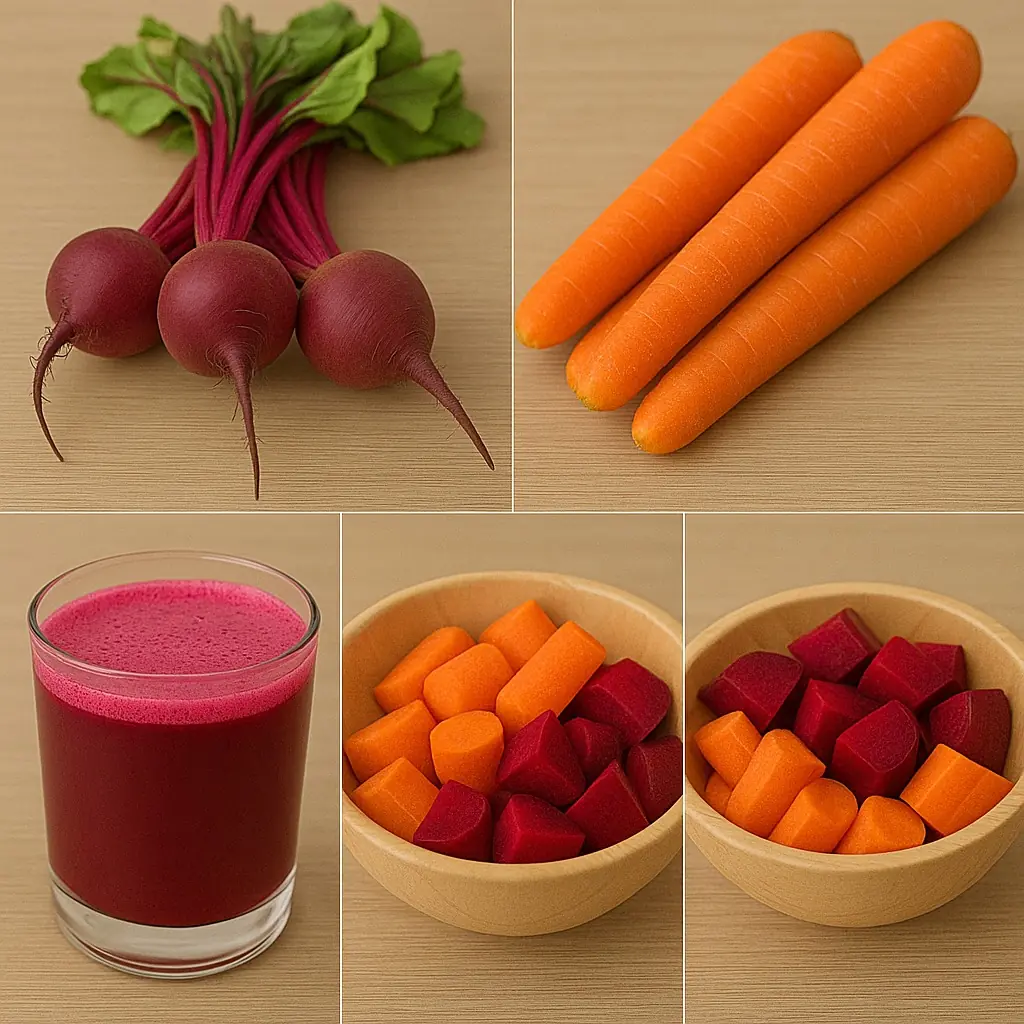
How to Identify Plastic Rice in 6 Different Steps in 2025
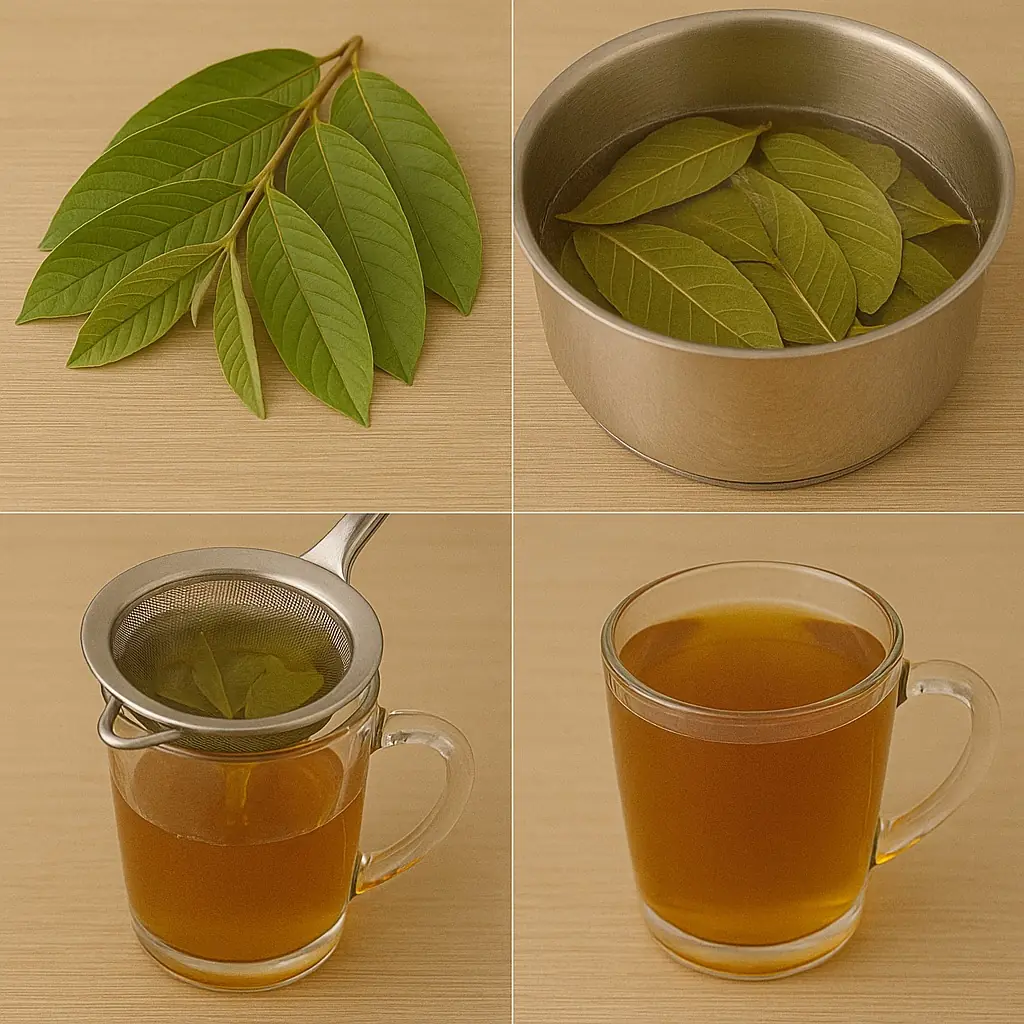
Enjoy the Health Benefits of Homemade Guava Leaf Tea
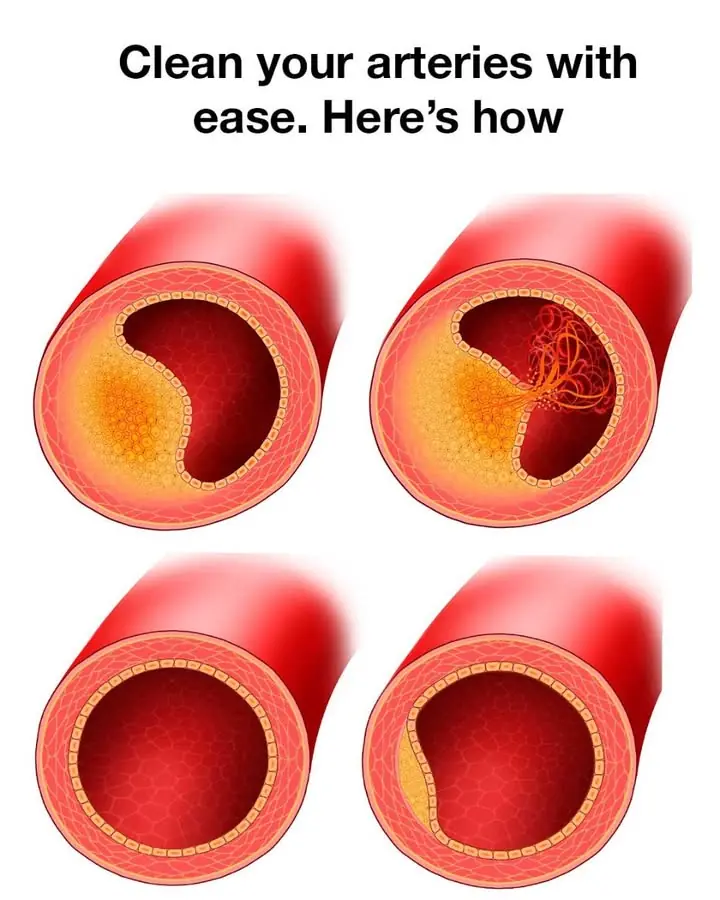
Amazing!
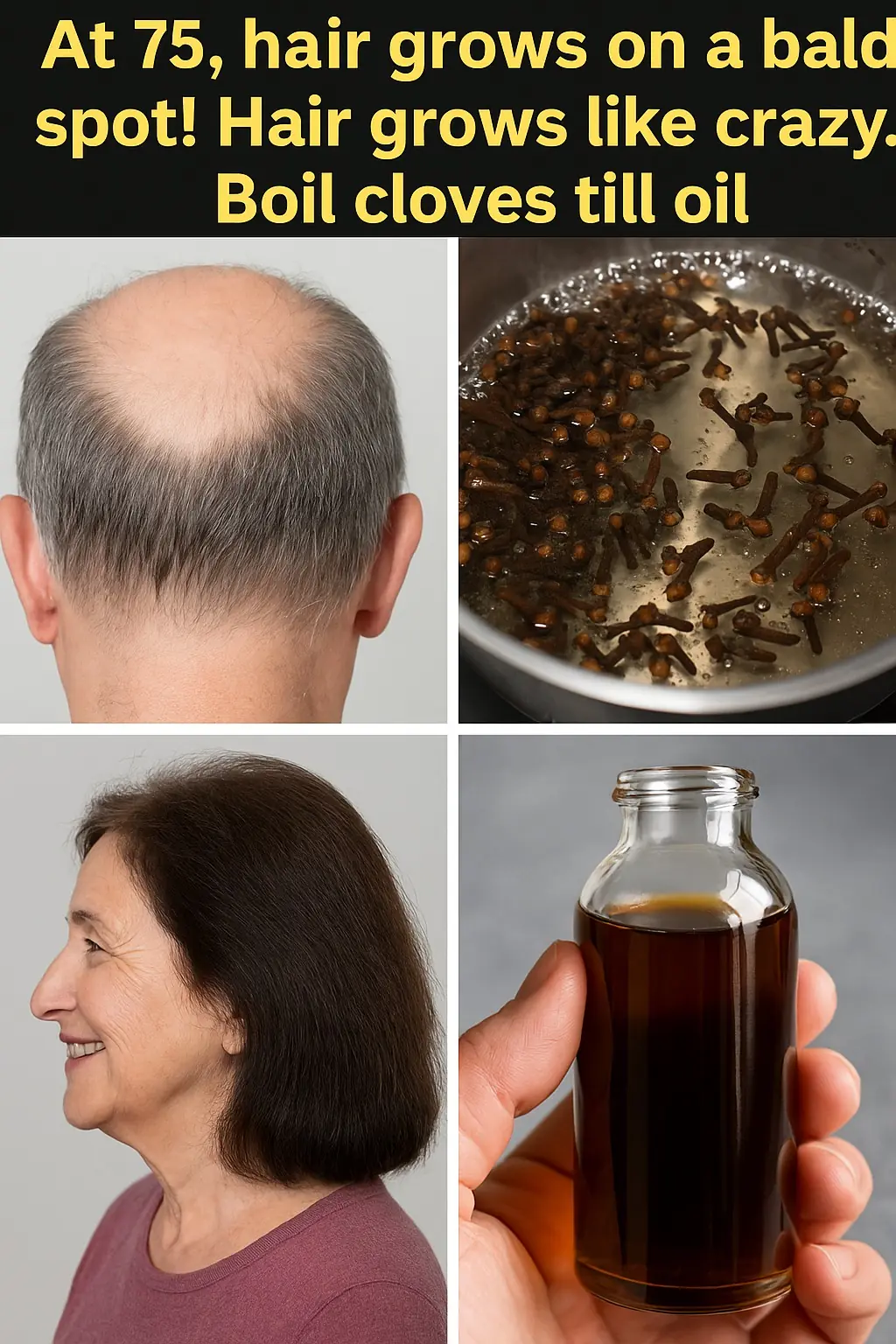
Rejuvenating Hair Growth with Clove Oil at 75
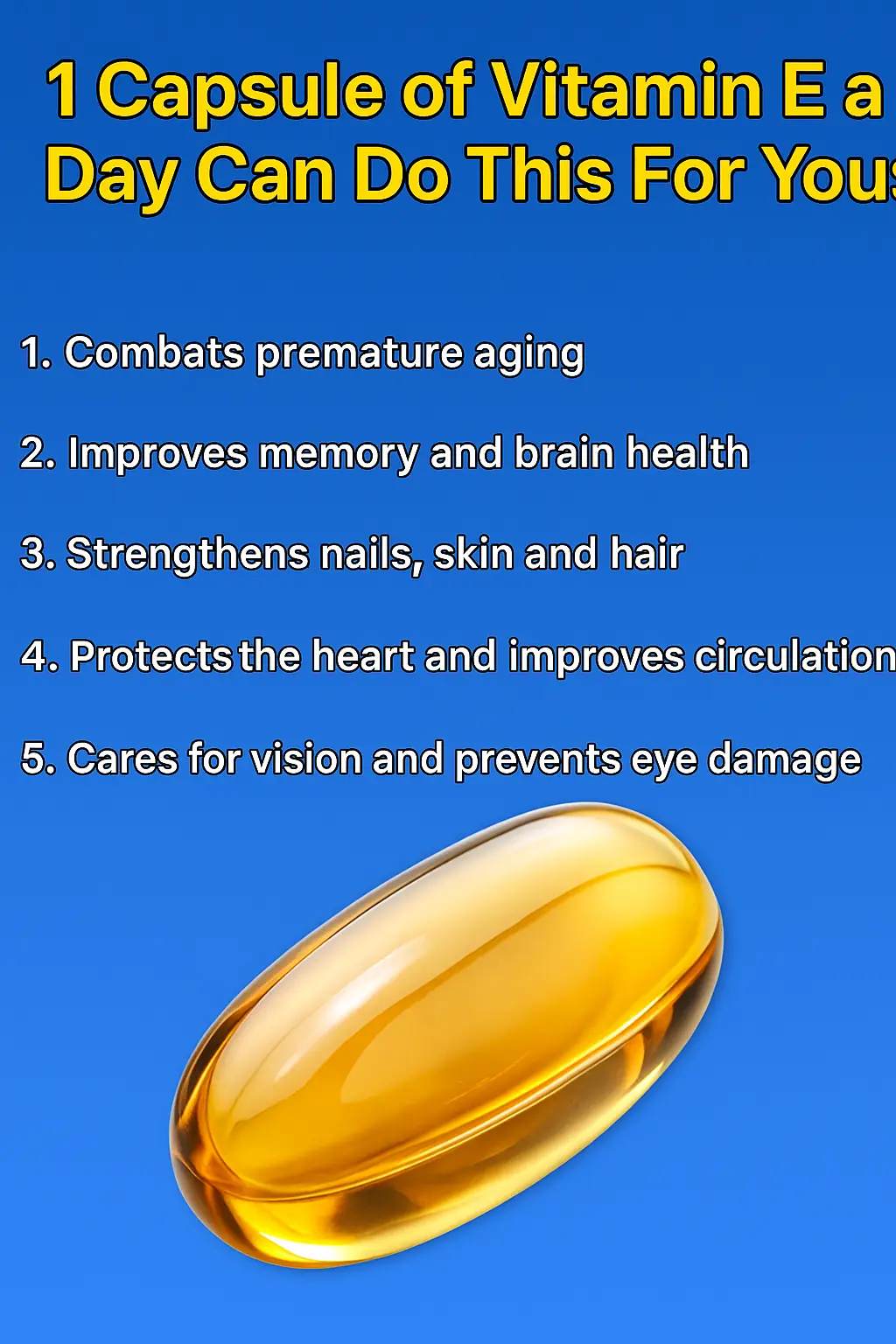
1 capsule of vitamin E a day can do this for you 💊
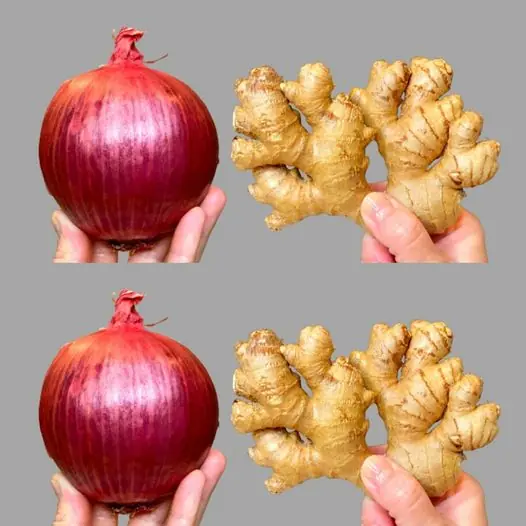
The Powerful Duo: Garlic and Ginger for Long-Term Health and Wellness
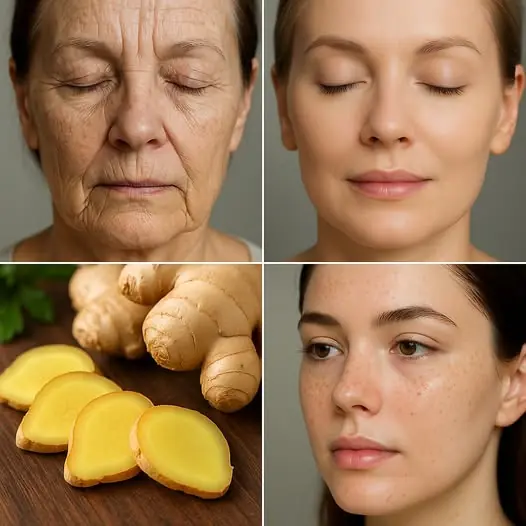
Unlock the Magic of Ginger for Vibrant Skin

Hibiscus and Lemon Tea 🍋🌺

Don't Suffer Anymore — Eliminate Anemia, Restore Your Vision, and Cleanse Fatty Liver!
